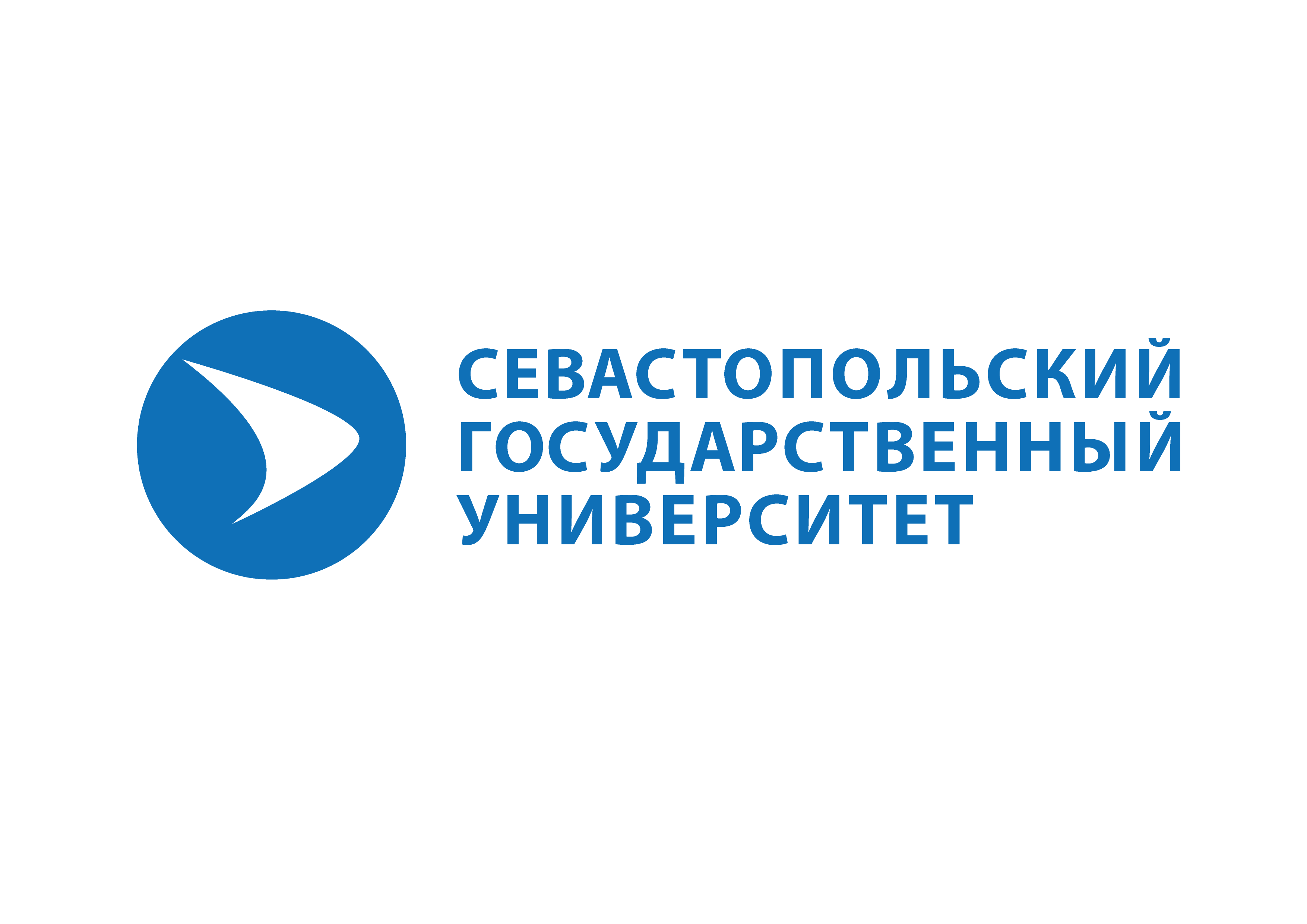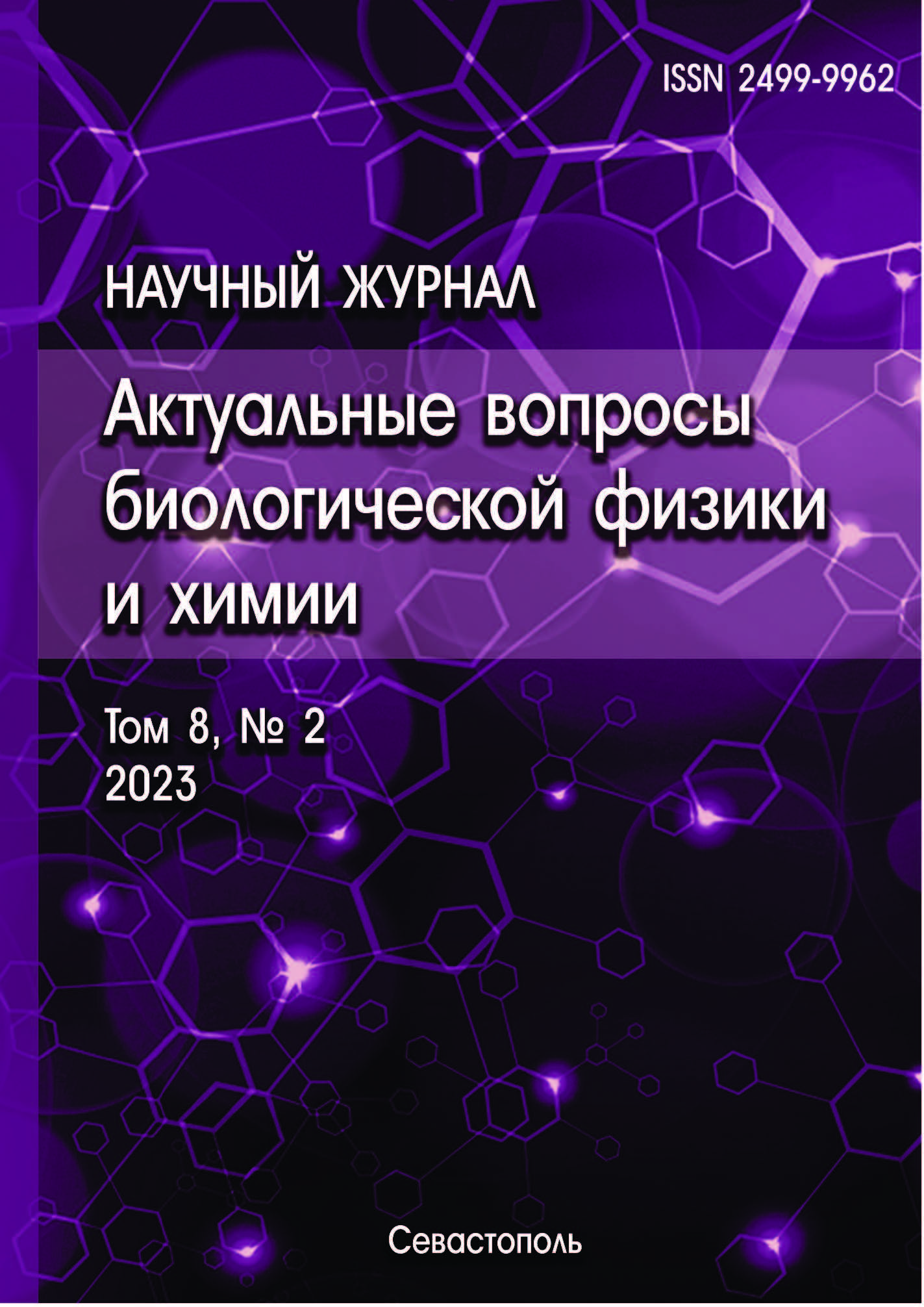Fryazino, Moscow, Russian Federation
Fryazino, Moscow, Russian Federation
A technique for studying the absorption of microwave radiation of biological objects in a thin dielectric capillary is proposed. The results of experimental studies are presented and the mechanism of the detected effects of the biological action of microwave radiation is proposed. It was found that at a certain ratio between the dimensions of the waveguide, the diameter and thickness of the walls of the capillary, the dielectric parameters of the biological material that fills the capillary and the wavelength of microwave radiation in the waveguide, a significant increase in the absorbed power in a rather narrow frequency band (waveguide-dielectric resonance) is possible. This phenomenon must be taken into account in biotechnological experiments on the irradiation of suspensions. As a result of the work done on the study of the absorption of microwave radiation by hydrocarbon mixtures and models of biological objects in aquatic environments, new designs of measuring devices were created and a technique for hydrocarbon aquametry was developed. The created products are protected by the authors of this work by a patent for an invention.
waveguide-dielectric resonance, microwave radiation, EHF spectroscopy, rectangular waveguide, dielectric capillary, liposomes
1. Pathig R. Dielectric and electronic properties of biological materials. Chichester: John Wiley & Sons, 1979, 279 p.
2. Aksenov S.I. Water and its role in the regulation of biological processes. M.: Nauka, 1990, 117 p. (In Russ.).
3. Devyatkov N.D. Interaction of millimeter radiation with biologically active compounds and polar liquids. Radio engineering and electronics, 1978, vol. 23, no. 9, pp. 1882-1890 (In Russ.).
4. Brandt A.A. Studies of dielectrics at ultrahigh frequencies. Moscow: Fizmatgiz, 1963, 403 p. (In Russ.).
5. Gvozdover S.D. Theory of electronic devices of microwave frequencies. Moscow: Gostekhizdat, 1956, 527 p. (In Russ.).
6. Kazarinov K.D., Polnikov I.G. Tunable waveguide-dielectric chamber for the control of liquids. Patent for invention no. 2614047. State date. registration in the State Register of Inventions of the Russian Federation March 22, 2017, bull. no. 9 (In Russ.).
7. BP (British Petroleum). Measurement of water content of liquids using microwave. Claim, vol. 24, no. 03, 1980.
8. Chamberlain J.E. et al. Submillimetre absorption and dispersion of liquid water. Nature, 1966, vol. 210, no. 5038, p. 1003.
9. Kazarinov K.D., Polnikov I.G. Method for measuring the concentration of aqueous solutions. Patent for invention no. 2631340. State date. registration in the State Register of Inventions of the Russian Federation 21.09. 2017, bul. no. 27 (In Russ.).
10. Kazarinov K.D. Study of the membranotropic activity of EMR in a wide range of wavelengths. Electronic equipment. ser. 1. Microwave technology, 2018, no. 2, pp. 62-75 (In Russ.). EDN: https://elibrary.ru/XUMBWP
11. Bigu del Blanco, Romero-Siera C., Tanner J.A., Bigu M. Luisa. Effects of MW fields on the rate of flow and mass flux of liquids along tubes of small diameter. IEEE. International electromagnetic compability symposium record, 1973, p. 56.
12. Betsky O.V., Kazarinov K.D., Putvinsky A.V., Sharov V.S. Method for measuring the power of microwave radiation. Copyright certificate no. 1101750. Bull. OI, 1984, no. 25, p. 120 (In Russ.).
13. Bludov Yu.V. Propagation of the H10-wave in a rectangular waveguide with a dielectric inhomogeneity. ZhTF, 2005, vol. 75, no. 8, pp. 99-105 (In Russ.). EDN: https://elibrary.ru/RDAWYD
14. Borisenko G.G., Polnikov I.G., Kazarinov K.D. Biological membranes are the primary targets for the reception of electromagnetic fields in a biomedical experiment. Electronic equipment. Ser.1. Microwave technology, 2007, no. 4, pp. 25-372 (In Russ.). EDN: https://elibrary.ru/MNHFIT
15. Konev S.V. Structural lability of biological membranes and regulatory processes. Minsk: Science and technology, 1987, 240 p. (In Russ.).










